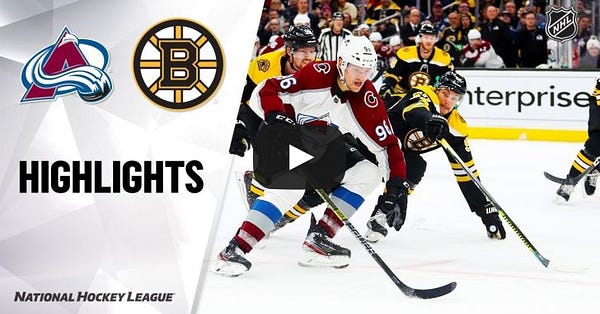On the limits of journalism
Telling the same story, over & over & over again
JOHN TEMPLE is the former president and publisher of the award-winning Rocky Mountain News in Denver. He also served as the newspaper’s editor in 1999, when Eric Harris and Dylan Klebold murdered twelve students and one teacher at Columbine High School.
John recently wrote an essay for The Atlantic titled “I’ve Seen the Limits of Journalism.” Here’s an excerpt:
Twenty years ago, I was convinced the shootings I covered at Columbine would change everything. That’s not what happened….
I’m out of daily journalism now. But whenever there’s a mass shooting I have no desire to read the stories or watch the footage. There’s a ritual to the coverage, and it feels like it always follows the same arc and ends the same way. Journalists tell the story of what it was like to survive the slaughter. Then they offer tender accounts of the victims’ lives, detail where and how the weapons were purchased, publish profiles of the killer or killers, and write accounts of the struggles of the wounded. And then most of us move on, until the next shooting. Even the killing of 20 elementary-school children in Newtown, Connecticut, changed nothing.This ritual can make journalism seem futile. I am forced to ask why journalists are doing this work in this way, and whether in the end it’s worth it.
Journalists feel the need to bear witness. But to the same horror, again and again? I can’t say anymore that I believe we learn from terrible things. I can say that I’ve seen the limits of journalism—and of hope. And I’m struggling with what to do about it.
Oh god, you think, he’s absolutely right. We *do* keep repeating the same sick drama, over and over again… How do we let this keep happening??…
Your memories of the Columbine massacre are a bit foggy, so you read the Wikipedia entry… Ten students killed in the school library… 21 additional people injured…
So tragic… they were so young… just kids… in Columbine, Colorado… not far from where cousin Brendan & his kids live, in Boulder…
… Such beautiful mountains out there… fantastic skiing… other winter sports too like ice hockey… the Bruins… didn’t the Bruins play the Colorado Avalanche the other night?
Google: “Bruins score”…
… and SCENE!
Postscript:









Postscript 2
11 December 2019
My good friend Lynda DeWitt — a former journalist who for some inexplicable reason is not on Twitter — asked me to add the following:
Lawmakers are being financially supported by people who don’t want them to solve the issue of gun violence.
A large majority of citizens and uncorrupt readers of journalism want gun control. Journalism has changed their minds on the subject.
The lawmakers, however, are being paid to ignore it. Does lack of gun control demonstrate the limits of journalism or the depth of political corruption?
Great question. I think the answer is: Both. Because if gun violence AND political corruption are still serious problems, then journalists aren’t having much of an impact… right?
Your question reminds me of an essay by Bill McKibben, in which he tells the story of his transformation from environmental journalist to climate activist. Bill describes The Code he learned as a reporter — to faithfully represent both sides of a story, to maintain a dispassionate interest in the outcome, and to stick to the facts. But then, amid all his reporting and writing and public speaking about climate change, Bill had an epiphany:
It began to belatedly dawn on me [that] we were not having an argument at all. We were having a fight. And fights are not about reason and data and research. Fights are about money and power.
If that’s true for climate change, then why isn’t it also true about campaign finance, immigration reform, tax policy, international trade… pretty much everything that journalists cover?



